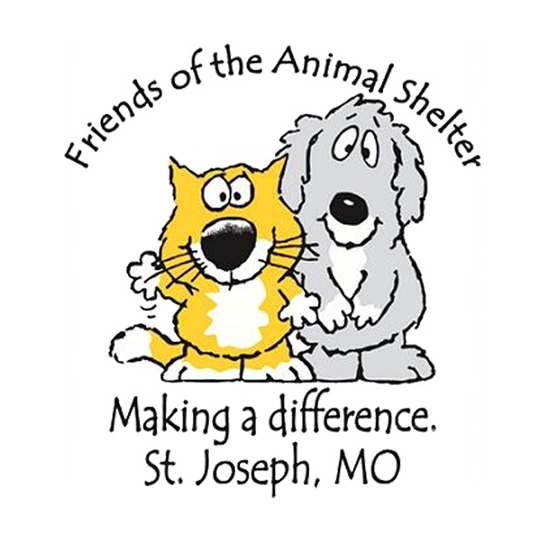

Pet licensing powers

The Friends of the Animal Shelter of St. Joseph, Inc (FOTAS) is a 501 (c) (3) organization founded in 2000 to support all efforts of staff at the municipal animal shelter with the goals of minimizing euthanasia and creating a safe space for adoptable animals.
FOTAS supports the shelter in all aspects, from increasing adoption rates to providing medical care for sick and injured animals and educating the community on animal welfare. While the shelter primarily serves cats and dogs, they occasionally take in birds, reptiles and small mammals. With the help of social media, public events, and dedicated volunteers, FOTAS has maintained high adoption rates, reaching a 96% success rate for dogs in 2024.
FOTAS needs support, and we can make a difference alongside licensing. There are many ways to support their important work, and we hope you’ll join us in our mission to provide them with all the help and resources they need.
“Partnering with DocuPet will make a significant difference in our community by providing a streamlined, digital pet registration system that promotes responsible pet ownership. It helps ensure that pets are easily identifiable and can be reunited with their owners if lost. This partnership will foster a safer, more connected community where both pets and people thrive.”
-Holly Bowie, Animal Services Manager
FOTAS needs our help
The organization faces significant challenges, including an increase in animal intake and overcrowding. Veterinary care costs are already straining already limited resources, making it more challenging than ever to provide the care every animal deserves.
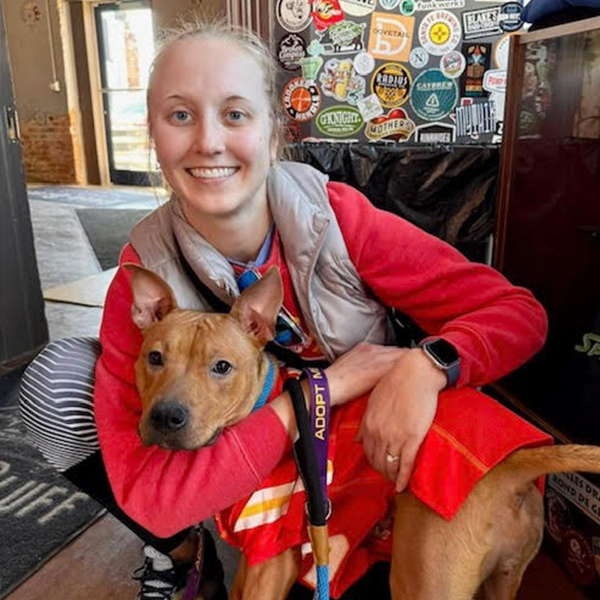
How to help:

License your pet
Pet licensing promotes responsible pet ownership, helps reduce the number of lost and stray animals, and ultimately allows the shelter to focus more on rehoming pets rather than managing preventable intakes.

Donate
Donations help provide necessary medical care for sick and injured animals, sponsor reduced-fee adoption specials and support the shelter’s spay/neuter program, which offers affordable surgeries for low-income families.
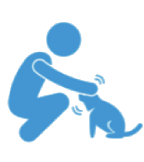
Volunteer
Volunteers are the heart of the organization, and their duties range from walking dogs and socializing cats to helping with cleaning, grooming, enrichment, and playgroups. They also assist with adoption events, coordinate low-cost spay/neuter efforts, manage social media and marketing, greet visitors, photograph animals, and transport pets to rescue partners.
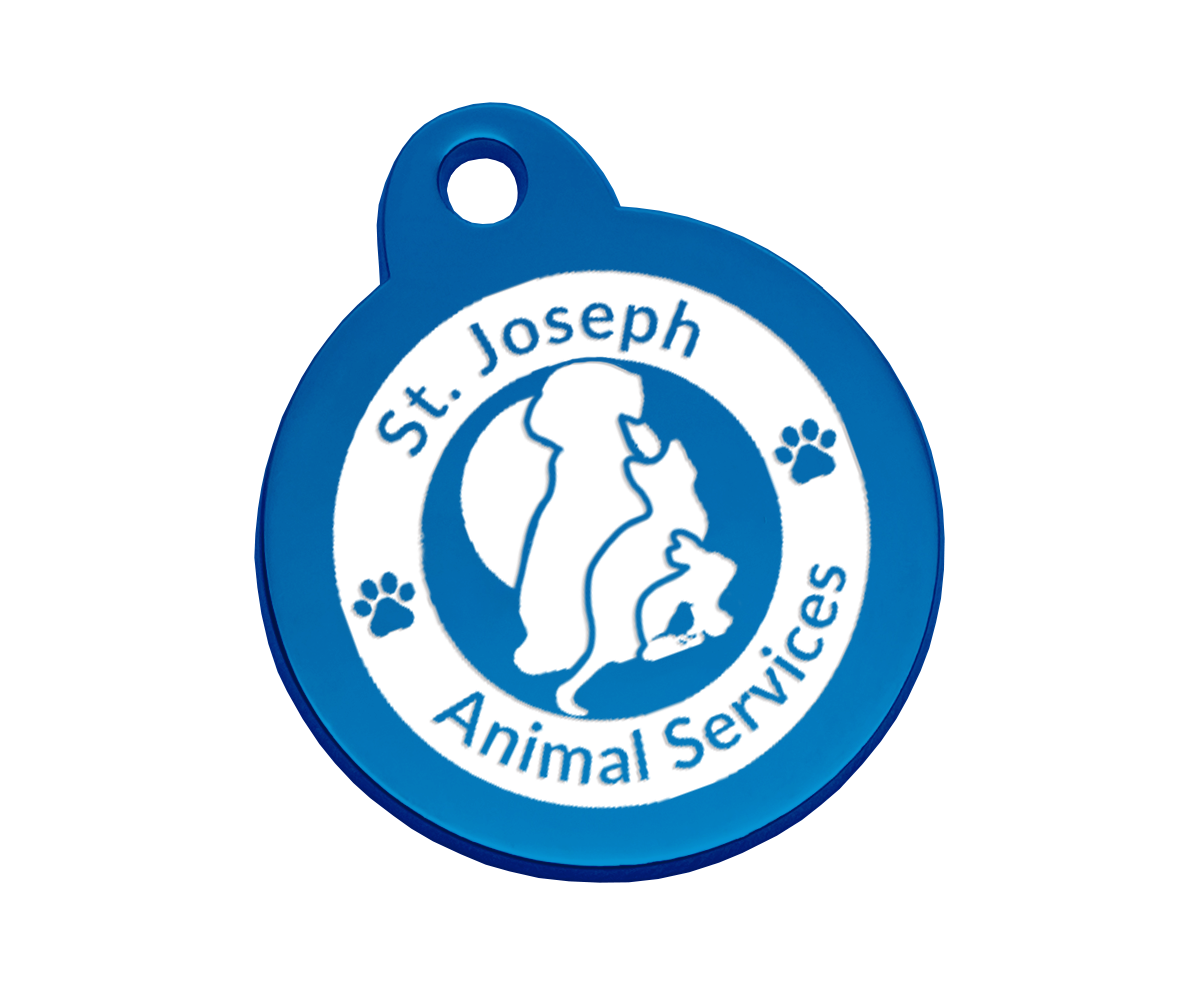
Impact by the numbers
We hope that by sharing as much information as possible, pet owners will not only understand the positive impact pet licenses have on the community but also recognize their value.

14
Staff Members

109
Volunteers
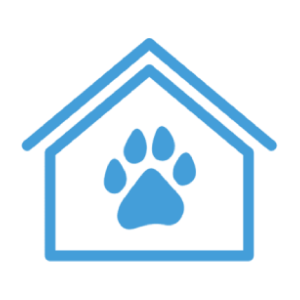
1,622
Pets Adopted
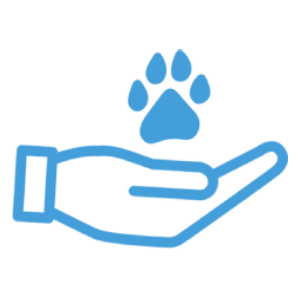
531
Pets Fostered

2,743
Pets Served
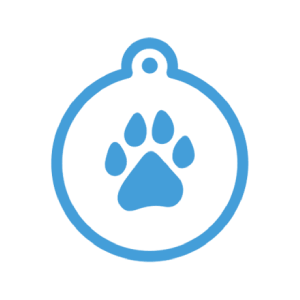
460
Lost Pets Reunited
*Yearly average estimates
More than just a shelter
Progressive Field Services
The Progressive Field Services Program, backed by a $30,000 grant from Petco Love, aims to improve animal welfare and help reunite lost pets with their owners. Microchipped pets are far more likely to make it home, making this program vital to reducing shelter intake.
Animal Control Officers carry microchips and vouchers in the field, offering them to dogs they encounter. All chips are registered in a comprehensive database, which improves access to owner information and speeds up reunification.
The program also emphasizes the importance of community involvement, partnerships with local vets and businesses, and expanding access to microchip scanners. Collaboration with the St. Joseph Area Lost and Found Pets Facebook page helps reconnect pets and their families more quickly.
By employing innovative strategies and monitoring outcomes, the shelter aims to reduce dog intake by 10% and foster stronger community ties. Offering chips in the field promotes responsible pet ownership and reduces the likelihood of displacement. This initiative fosters trust between the shelter and residents, empowering the community to play an active role in pet welfare and creating a safer, more compassionate environment for everyone.
Foster Program
The foster program provides temporary care for animals in need by placing them in volunteer homes until they’re ready for adoption. It helps reduce shelter overcrowding and allows animals to thrive in a comfortable, personal environment. Foster families offer basic care, socialization, and training, making pets more adoptable. It’s a vital part of animal rescue that saves lives and builds stronger bonds with future owners.
The shelter’s foster program has a profound impact on the community, inspiring compassion and responsibility. Volunteers help relieve shelter strain while improving the lives of both pets and families. The program promotes community engagement, builds a support network, and encourages empathy and care. Ultimately, it fosters a healthier and happier environment for both animals and people.
Spay It Forward
The Spay It Forward offers low-cost surgeries to income-qualified pet owners in the St. Joseph community. Pet owners complete an application and make surgery arrangements with a local veterinarian.
This program reduces financial strain on low-income families and builds a stronger connection between the shelter and the community. Preventing unwanted litters helps combat pet overpopulation and shelter overcrowding, resulting in lower euthanasia rates. It also means fewer stray animals, contributing to a safer community.
Your license fees at work
Millions of pets enter shelters every year. While shelter staff and volunteers give endless care, compassion, and love, their budgets are limited. When you license your pet, you’re not just paying a fee — you’re providing a lifeline for animals like Star and Garfunkel, helping to fund the care they desperately need.
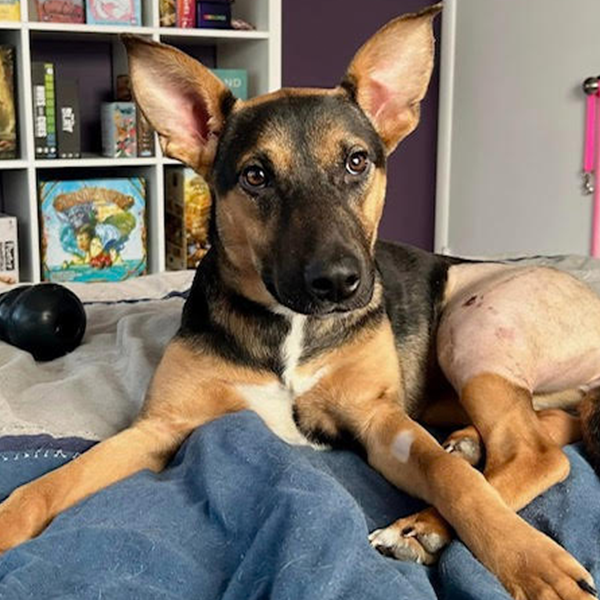
Star
“A good Samaritan recently brought an injured dog to the shelter. Her leg was severely swollen, and she was clearly in pain. Despite that, she wagged her tail, gave kisses, and was friendly to everyone she met.
Fitting her bright personality, we named her Star. Friends of the Animal Shelter funded her emergency vet visit and x-rays, which determined that she had a broken femur that required surgery. Star’s surgery was a success, and afterward, she went to a loving foster home to recover. Not surprisingly, Star continued to show resilience and thrived in this environment. Star won the hearts of our supporters and soon found her happily ever after forever home!”
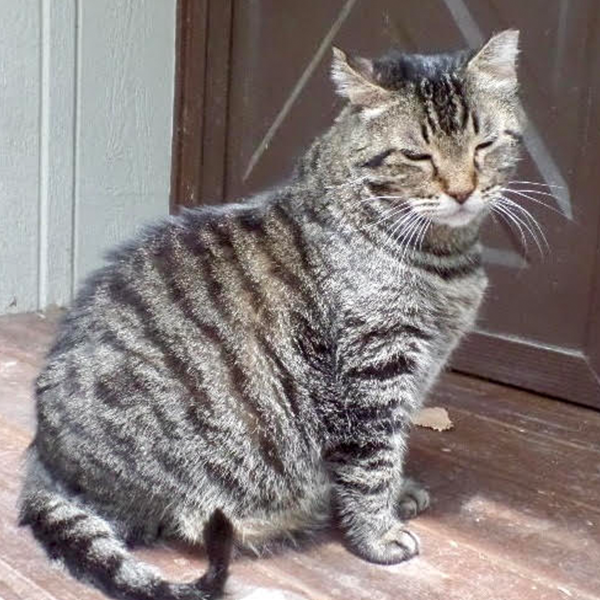
Garfunkel
“Garfunkel (now Sir Edmund Hillary) was a stray male tomcat found languishing in a woodpile at Home Depot. This plain brown tabby was thought to be a senior because of his dishevelled appearance, crusty nose and eyes and severe head tilt.
He had previously been ear-tipped, signifying his identity as a “community cat.” When brought to the shelter, Garfunkel couldn’t smell well, so he didn’t eat enough, and it was discovered he was also FIV+, narrowing his adoption chances significantly. One of our volunteers saw a bright light in Garfunkel’s eyes and a sad, though hopeful, demeanor, and decided to take a chance on adopting him. Now Sir E, who was only four years old, rules the roost and sleeps on soft blankets instead of a woodpile.”
More about FOTAS
We sat down with Kim Gorman, a volunteer, to learn more about the important work being done for animals in need at FOTAS.

What is most rewarding about being a part of your organization?
Being in a group with like-minded individuals who love animals as much as I do.
In your words, why is it important for residents to license their pets, and what impact does that have on your organization and community as a whole?
Returning pets to their rightful owners is not only rewarding to the owner, but we see the effect it has on reunited pets, as well and that transfers to the well-being of staff and volunteers.
What is something that makes your shelter unique?
The success of the partnership of Friends of the Animal Shelter and city shelter staff in meeting goals on a weekly basis.
What is the best piece of advice you have for pet owners?
Love is the biggest piece, but please plan for contingencies such as regular veterinary care, illnesses, accidents, changing living conditions or the ability to care for animals.
Is there anything else you would like people to know about the organization?
Stay tuned for all the changes coming up this year and beyond!